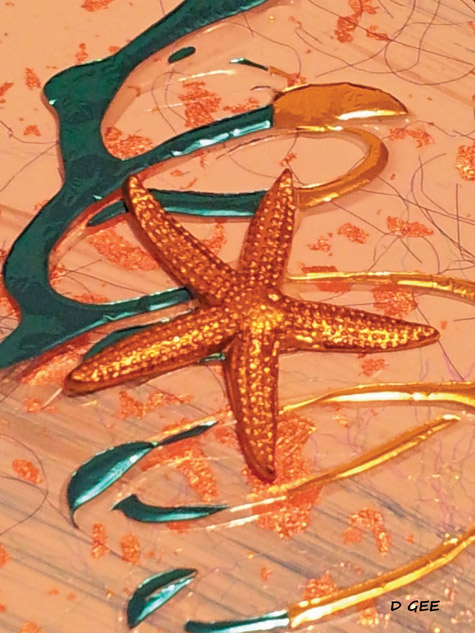– reviewed by Hans Tammemagi –
In her book, Who We Are, Elizabeth May throws sand in the face of the most powerful man in Canada, Stephen Harper. The book is a great read offering not only drama but a personal look at the first Green parliamentarian in North America, who just happens to represent us here in Saanich and the Gulf Islands. It also gives detailed insights into Canadian politics … and what’s wrong with it.
We learn that May is self-made, starting from poor beginnings. At first she couldn’t attend university because of the cost, but once she finally got into law school – helped by a reference from former President Bill Clinton – her career has been stellar. From the start she cared immensely about the environment, and worked for little or no pay using her encyclopaedic knowledge of science, law and economy to defend it. “A healthy society and prosperous economy,” she says, “can only be achieved when citizens demand that the economy exists to support society, not the other way around.”
May’s passion, dedication, and epic work-ethic propelled her into the epicentre of the environmental movement. She’s contributed to the most important issues of the past decades. Her book illustrates her insights and knowledge of environmental issues, including the legal aspects and science behind them. She’s met with countless A-list personalities, including David Suzuki, Gordon Lightfoot, Eugene McCarthy, Paul Newman, Pete Seeger, Sting, Farley Mowat, Vandana Shiva, Gro Harlem, Jane Goodall, Paul McCartney, Mikhail Gorbachev, and Paul Martin.
May started the Green Party and was elected to parliament in 2011. It’s only her fourth year on the Hill and already she has been recognized as Canada’s best MP and as the hardest working MP. Furthermore, she is a member of the Order of Canada, and Newsweek called her one of world’s most influential women. Impressive! And during this, May combined motherhood with her passion, bringing her young daughter, Cate, to work including to important meetings at the United Nations.
The second part of May’s book is about Canada and she makes it clear that she is vehemently opposed to where we are headed. Thanks to Stephen Harper, Canada’s once-respected international reputation is in tatters. May rails at Harper’s muzzling of Environment Canada scientists, his dismantling of environmental policies, and, most of all, his disregard for the democratic process. Although this part of the book is largely a polemic, it offers penetrating insights into how the federal government works, and the bloated and inappropriate role of the Prime Minister’s Office. May dislikes the first-past-the-post voting system and would like it replaced by a proportional system.
I have two quibbles with the book: there is no index, and the publisher selected an unflattering cover photo, which does not portray May’s bubbling enthusiasm and charisma.
Finishing the book, I was left with intriguing questions about the David and Goliath confrontation between May and Harper: Which of them is more respected today, and whose legacy will remain a century from now?




